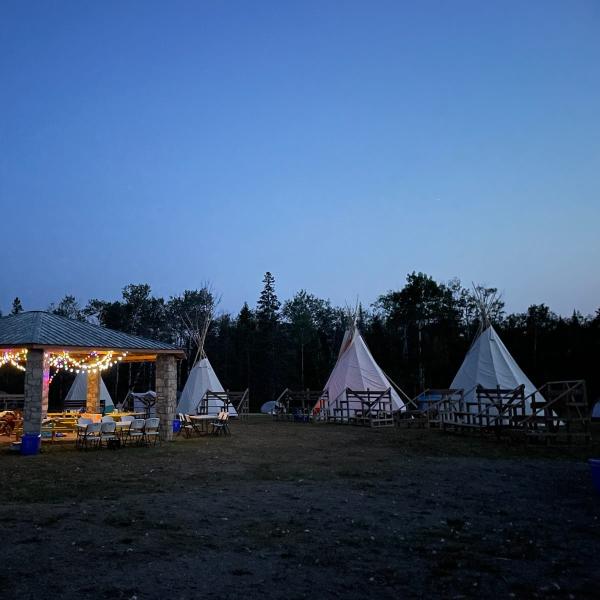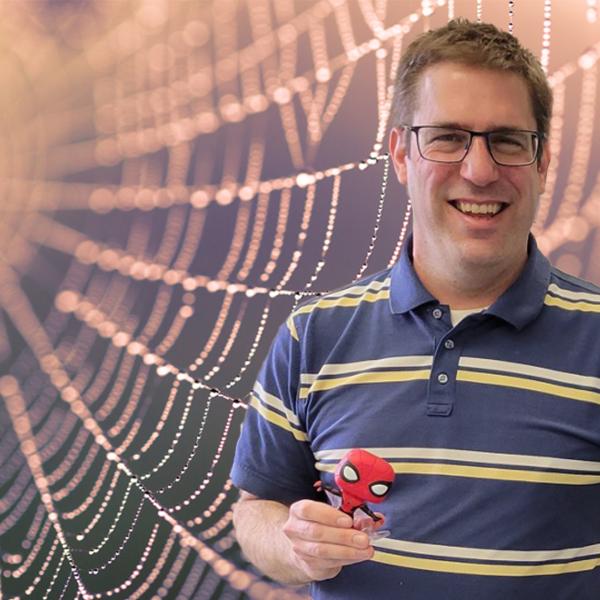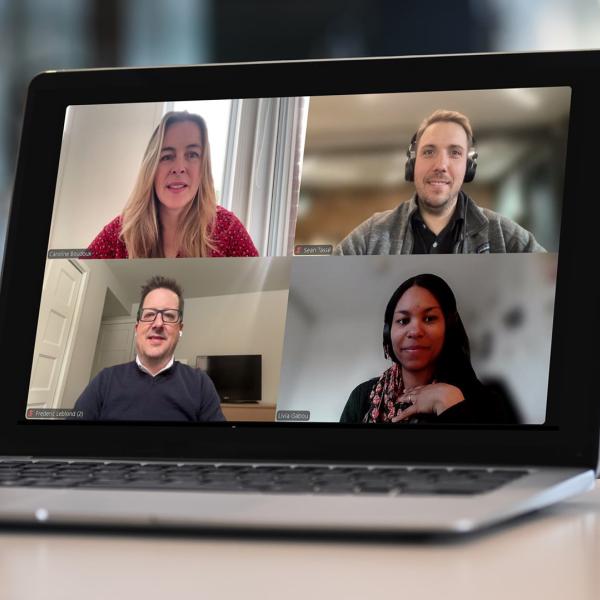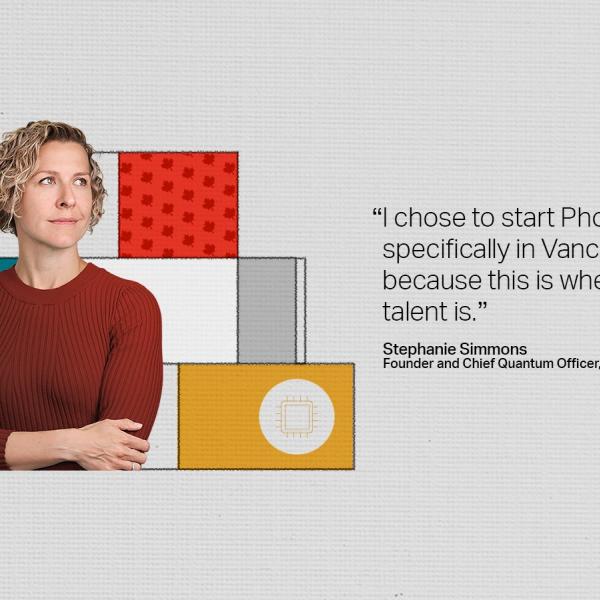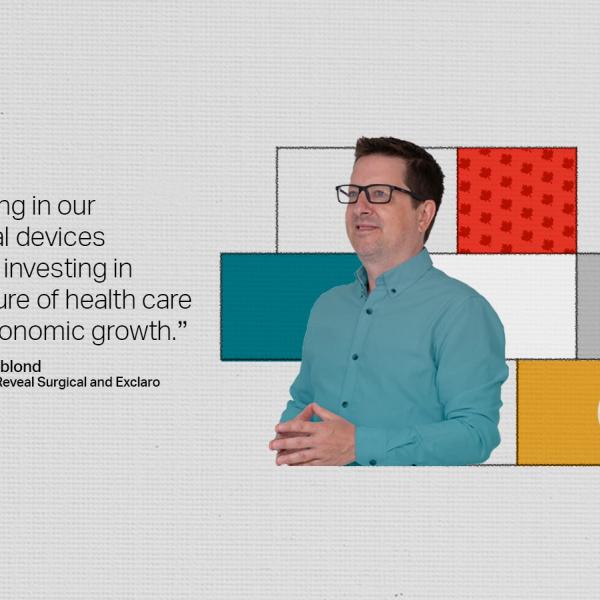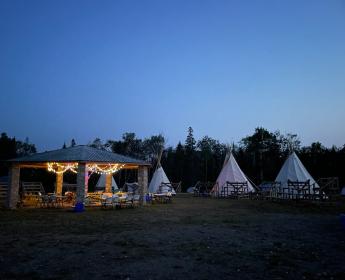
Research stories
Our investments support research that benefits Canadians
In CFI-funded labs and facilities across the country, researchers in all stages of their careers are making discoveries, supporting a robust innovation ecosystem and helping solve some of the world’s most pressing challenges.
Ontario
Wildlife ecology done “in a good way”
Researcher Jesse Popp works alongside Indigenous communities to understand their most pressing questions about biodiversity and the plants and animals on the Land
Nova Scotia
Jan Rainey is untangling the mysteries of spider silks
The Dalhousie University researcher is looking to create synthetic versions of spider's silk that have the potential to help heal damaged nerves and damaged hearts
Transforming research instincts into a successful business (March webinar)
Part of our Future You webinar series. This webinar features a new generation of researchers who share their challenges and successes as they made the move from researcher to entrepreneur. Watch the video to gain insights and receive valuable tips on how to start your own business.


